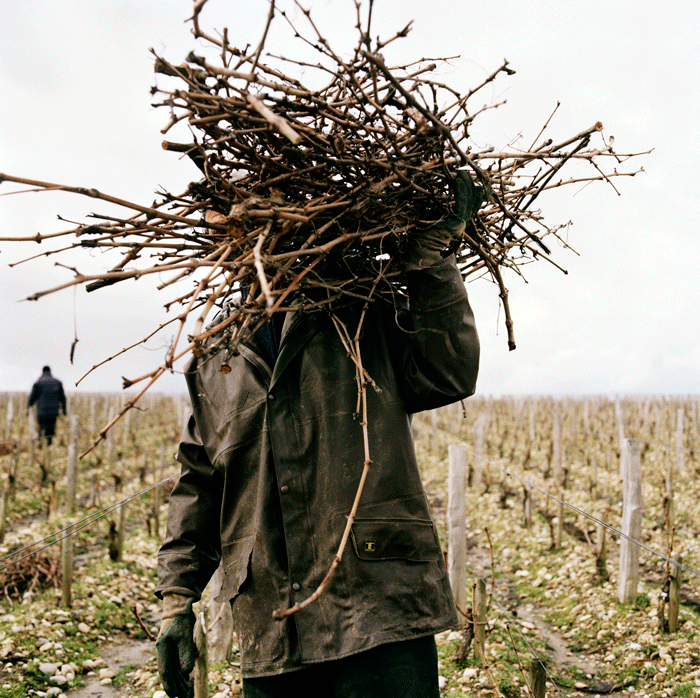Bordeaux 2013: spare a thought for the winemakers
Author: Simon Berry
At times, it must be terrific of course. Fêted the world over, and with a cellar full of fabulous vintages to share with the people you like. Let’s not weep for them too much.
But look at it from their point of view for a minute. Through no fault of their own, nature decides to throw everything at them. It’s not quite biblical, yet, but it must seem so. To counteract this twist of fate, they must sacrifice something – either quality or quantity. Some, this year, have spoken of three ‘green harvests’ – trips throughout their entire vineyard at regular intervals throughout the growing season, individually selecting and discarding berries or bunches that are not up to scratch – a very expensive method of reducing the yield but ensuring the quality. Or, they shrug their shoulders, hope that nature will be gentle with them, and that no-one will notice.
Because a difficult vintage is much more expensive to make. One winemaker of a top Château described the Sunday during this vintage, when he had to suddenly hire a small army of emergency pickers when he realised that botrytis was threatening his entire crop, as ‘the most expensive day of my career’. A small, difficult vintage is even worse – as I said yesterday, the best wines have come from properties with drastically and deliberately reduced yields. But they are then faced with journalists writing off the vintage before it’s even tasted, a saturated market, no prospect of the wines being considered a good investment, and wine merchants like us telling them they must reduce their prices.
But if all that wasn’t enough, they have to endure trial by tasting. For a week, these winemakers have to present their barrel samples of tannic grape just barely out of fermentation, to groups of cynical people. Somebody once described the process as judging Miss World from out of focus photographs of the contestants as babies. Typically the tasting takes place in studied silence. It’s tough work, requiring much concentration to analyse the potential of wines that won’t be ready to drink for many years. But think what must be going through the minds of the producers as they try to work out our facial expressions. The process of tasting produces all sorts of grimaces as we coat our palates and swirl staining liquid through our teeth – there’s no chance to smile encouragingly.
Their hard labour of the past year, their ability to pay their work force (or the interest on their bank loan, or for the piece of equipment that would keep them on a level with their neighbour), all rests on how the wines show, on what we think. And by and large we’ll remain inscrutable. If we hate it we won’t want to offend – time enough for that when the order doesn’t materialise. And if we love it we’ll be even more enigmatic in case they take it a a signal to push up the price.
It must be agony.
PS. new sight this year: tasting notes being entered directly onto iPads (even more fashionable, mini iPads. It might be slower (speaking from experience!) but it’s easier to read (except when spell-check goes rogue) and the screen acts as a handy light box to judge the colour of the wines!



